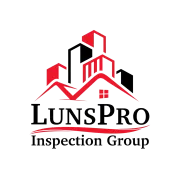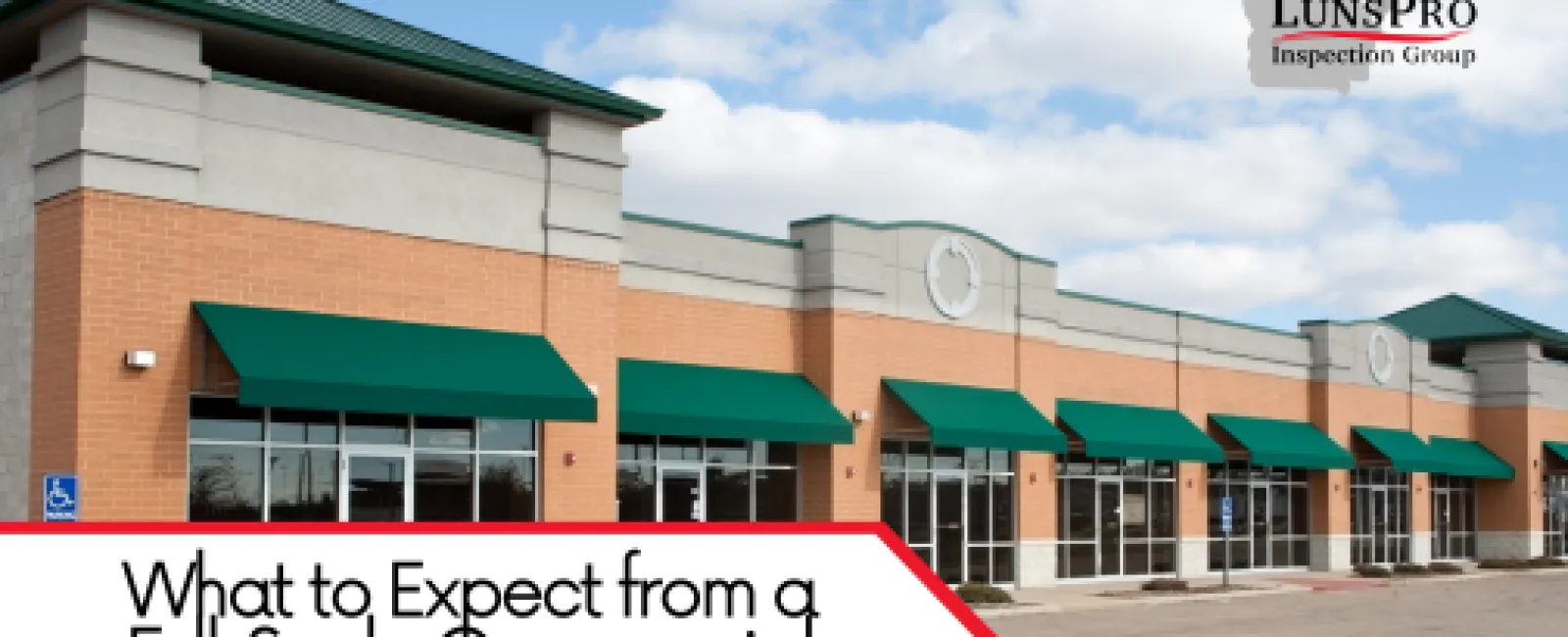Investing in a commercial property is a significant financial commitment that carries both potential rewards and risks. Whether you're purchasing, leasing, or managing a property, having a clear understanding of its condition is essential. While many people are familiar with the concept of home inspections, commercial property inspections require an even more detailed and comprehensive approach due to the size, complexity, and intended use of these buildings.
For property owners and investors in North Carolina—particularly in Charlotte, Greensboro, and Raleigh—the need for a full-scale commercial inspection cannot be overstated. The diverse building styles, age of structures, and environmental factors in the Triad and Triangle Areas make these evaluations an invaluable tool in protecting your investment. Partnering with an experienced company such as LunsPro Inspection Group ensures that no critical detail is overlooked.
What is a Full-Scale Commercial Property Inspection?
A full-scale commercial property inspection is an in-depth assessment of a building's condition, focusing on its safety, functionality, and long-term sustainability. These inspections go beyond the surface-level evaluation that might be seen in residential settings, encompassing structural elements, mechanical systems, accessibility compliance, and environmental considerations.
LunsPro Inspection Group provides comprehensive services through its Charlotte, Greensboro, and Raleigh Residential and Commercial Inspections, ensuring that every component of the property is reviewed. Inspectors not only look for visible damage but also identify hidden concerns such as foundation settlement, moisture intrusion, or outdated systems that could become costly liabilities if left unaddressed.
Key Components of a Commercial Property Inspection
When scheduling a commercial inspection, property owners can expect a thorough review across several critical areas:
Structural Integrity
Foundations, support columns, load-bearing walls, and roof structures are evaluated for stability.
Inspectors in the Triad and Triangle Areas often focus on signs of settlement or bowing walls, as these can compromise the building's overall safety.
Roofing Systems
Commercial roofs, whether flat or pitched, are examined for leaks, ponding water, and membrane wear.
Preventing water intrusion is critical, as roof repairs or replacements represent one of the most significant expenses for property owners.
Plumbing Systems
From supply lines to sewer connections, plumbing is inspected for leaks, corrosion, and adequate water pressure.
Outdated or damaged plumbing can lead to expensive repairs and health risks for building occupants.
Electrical Systems
Inspectors assess panels, wiring, lighting, and emergency systems to ensure safety and compliance.
Electrical deficiencies can increase the risk of fire and operational interruptions.
HVAC and Mechanical Systems
Heating, cooling, and ventilation units are reviewed for efficiency, lifespan, and safety.
A poorly functioning HVAC system not only raises energy costs but can also reduce tenant satisfaction.
Exterior Features
Parking lots, walkways, drainage systems, and exterior walls are examined.
Proper grading and drainage are especially important in the humid climates of Charlotte and Raleigh, where water intrusion can damage foundations.
Interior Condition
Floors, ceilings, walls, and insulation are checked for damage, wear, or mold growth.
Accessibility compliance, such as adherence to ADA standards, may also be reviewed.
Environmental Concerns
Depending on the property's age and history, inspectors may recommend testing for asbestos, radon, or mold.
LunsPro Inspection Group offers ancillary services like mold and air quality testing to support healthier indoor environments.
Why Full-Scale Inspections are Essential in the Carolinas
Commercial buildings in the Carolinas face unique environmental and structural challenges. Humidity, seasonal storms, and temperature fluctuations contribute to issues such as foundation cracks, roof deterioration, and moisture-related damage. In older structures, outdated building materials and systems may pose additional concerns.
For property owners in Charlotte, Greensboro, and Raleigh, scheduling commercial inspections through LunsPro Inspection Group ensures that these regional factors are taken into account. Their expertise in Carolina home inspections and commercial evaluations across the Triad and Triangle Areas provides property owners with actionable insights tailored to local conditions.
Financial Benefits of a Commercial Inspection
One of the most practical advantages of a full-scale inspection is cost savings. Identifying small issues before they escalate can prevent expensive emergency repairs or operational disruptions. For example:
Detecting minor foundation settlement early allows for affordable remediation instead of costly structural reconstruction.
Identifying outdated electrical systems reduces the risk of fire and lowers insurance premiums.
Pinpointing roof vulnerabilities before a storm can save tens of thousands in water damage repairs.
For commercial investors, inspections also serve as powerful negotiation tools. Having a detailed inspection report from LunsPro Inspection Group allows buyers to request repairs or price adjustments before finalizing a purchase.
Protecting Health and Safety
Beyond financial considerations, safety is a critical component of commercial property inspections. Tenants, employees, and visitors rely on safe environments. Faulty wiring, mold growth, or structural weaknesses can put people at risk and expose property owners to liability.
LunsPro's Charlotte, Greensboro, and Raleigh Residential and Commercial Inspections often reveal hidden hazards that could otherwise go unnoticed. By addressing these issues proactively, property owners protect both their investments and the people who use their buildings.
The Role of Inspectors in Commercial Transactions
In commercial real estate transactions, inspections provide clarity and confidence. Buyers gain an understanding of future maintenance obligations, while sellers can demonstrate transparency by providing inspection documentation. Property managers also benefit by scheduling regular inspections to track building performance and budget for repairs.
For those managing portfolios in the Triad and Triangle Areas, aligning with an inspection company like LunsPro Inspection Group ensures consistency across properties and reduces the likelihood of unpleasant surprises during transactions.
Choosing the Right Inspection Partner
Not all inspection companies have the expertise required for large-scale commercial properties. LunsPro Inspection Group stands out for its deep knowledge of both residential and commercial structures across the Carolinas. Our commitment to thorough evaluations, advanced technology, and clear reporting provides property owners with a trusted partner for long-term success.
With experience spanning Carolina home inspections and commercial property evaluations, LunsPro understands the unique concerns of buildings in Charlotte, Greensboro, and Raleigh. Our team goes beyond surface-level observations, offering detailed recommendations to help property owners make informed decisions.
A commercial property represents a significant investment, and protecting that investment requires a proactive approach. A full-scale inspection provides property owners, buyers, and managers with a clear understanding of a building's condition, highlighting issues that could affect safety, efficiency, and financial performance. For properties in the Carolinas, where climate and structural challenges vary widely, these inspections are particularly important.
By choosing LunsPro Inspection Group for Charlotte, Greensboro, and Raleigh Residential and Commercial Inspections, property owners gain peace of mind and actionable insights. Our expertise in Carolina home inspections and comprehensive approach to serving the Triad and Triangle Areas ensure that nothing is overlooked. Ultimately, a thorough inspection is more than a checklist—it's an investment in the safety, longevity, and profitability of your property.

